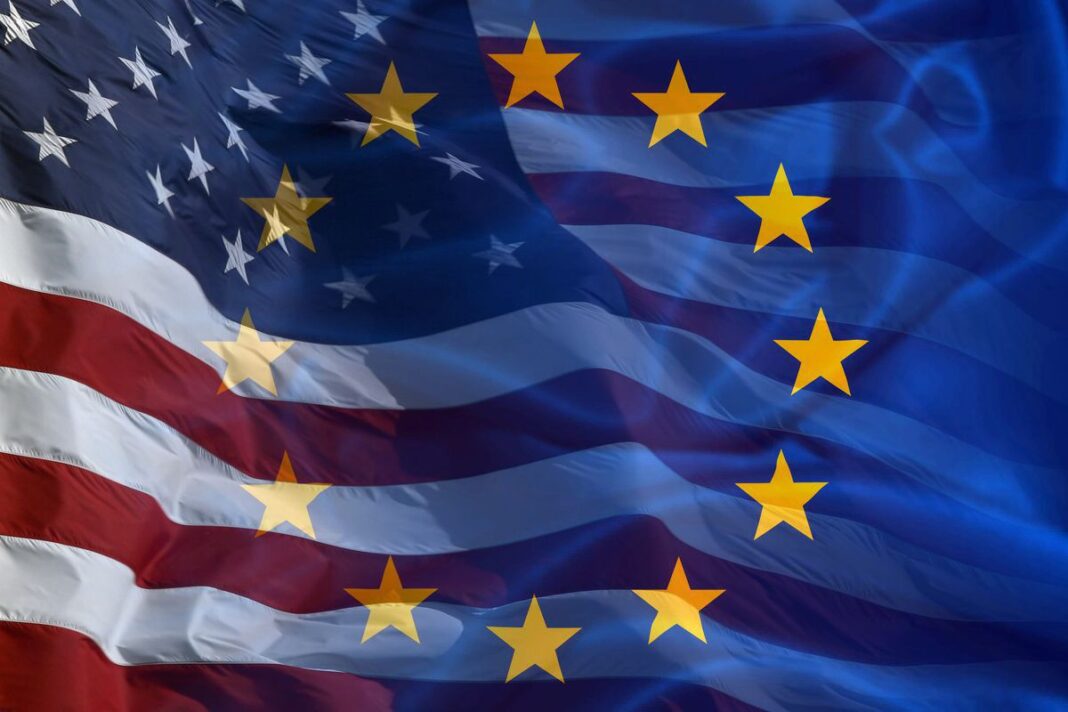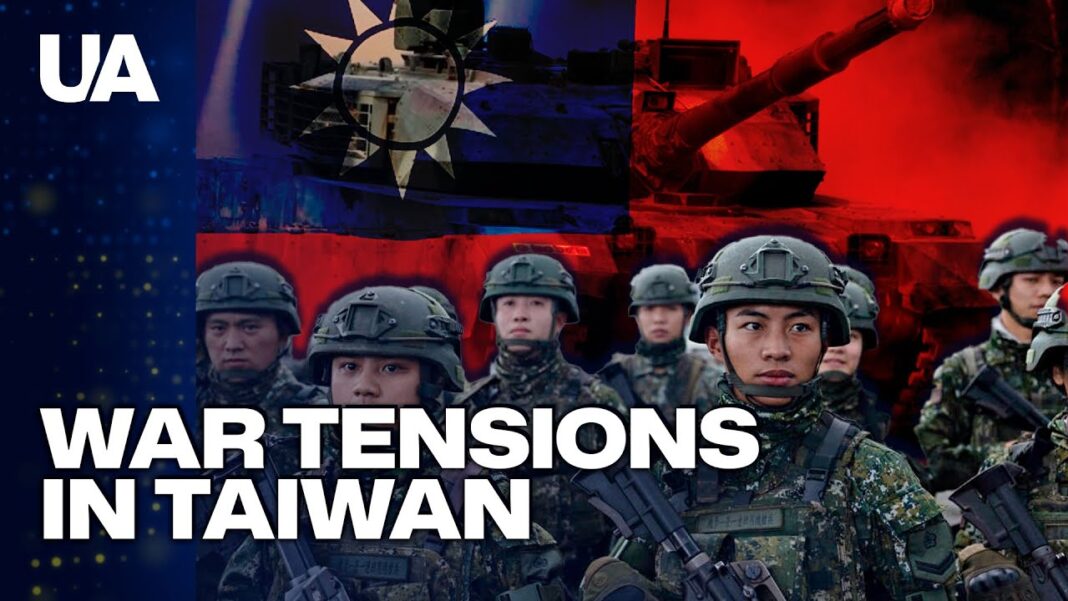
Ursula von der Leyen’s comments come after the Trump administration announced a 20 percent tariff on European Union countries.
The president of the European Commission suggested that the 27-nation European Union offer “zero-for-zero” tariffs on certain goods amid market uncertainty over duties announced this past week by the Trump administration.
“We stand ready to negotiate with the U.S. Indeed, we have offered zero-for-zero tariffs for industrial goods as we have successfully done with many other trading partners,” European Commission President Ursula von der Leyen told reporters on Monday.
The reason, she said, is “because Europe is always ready for a good deal.” But she cautioned that the EU is “also prepared to respond through countermeasures” and defend its interests.
White House economic adviser Kevin Hassett said in a Sunday interview with ABC News that more than 50 countries have reached out to the White House to negotiate on the tariffs.
U.S. President Donald Trump announced 20 percent tariffs on all imports coming from the EU, scheduled to go into effect on April 9. Steel, aluminum, and cars are subject to a separate 25 percent tariff.
Besides levying tariffs on Europe and other countries that trade heavily with the United States, Trump issued a 10 percent baseline tariff on most countries in the world. China, Vietnam, Taiwan, and some Southeast Asian countries, among others, will be subject to U.S. tariffs of more than 30 percent.
Saying that the EU wants a “negotiated solution,” von der Leyen said that the sweeping U.S. tariffs are a “major turning point” that could impose “immense costs” on consumers in the United States.
“We will also protect ourselves against indirect effects through trade diversion. For this purpose, we will set up an ‘Import Surveillance Task Force,’” she told reporters. “We look at what are the historical imports that we have and had and [whether] there is any specific surge all of a sudden of a certain product or in a certain sector that we have to act on.”
In response to the EU announcement, White House trade adviser Peter Navarro told CNBC that the EU’s willingness to negotiate with Trump to lower tariffs was “a small first start” but that non-tariff barriers, such as value-added taxes (VAT), which also include food safety regulations, are “orders of magnitude” more important than tariff rates.






